Littermates For Life: Do Puppies Remember Their Siblings?
Introduction
Adding a new furry member to your canine family, can be very exciting. However, you may be curious if your happy and well-adjusted pooch misses their mom or siblings. Can dogs remember their siblings and would they recognize them if they saw them at the dog park?
There is no definite answer, but various researchers, dog professionals, and owners have proposed theories about this topic. We cannot know for sure, but it is likely that they may have positive associations with siblings and parents through scent and sound which lead to very positive interactions.
The extend to this associating memory depends on factors such as early separation, critical socialization period, time since separation, and other factors including age, breed, and gender.
Benefits of the Dog Siblings Bond
Having a sibling can be incredibly beneficial for dogs. Just like human siblings, dogs who grow up together often form deep emotional connections that can last a lifetime. Siblings provide each other with emotional support, companionship, and comfort, especially during stressful or challenging situations.
They also engage in social play, which helps with their behavioral development, teaches them important social skills with other dogs, and promotes physical exercise.
The close bond between siblings can positively impact a dog’s overall well-being, making them happier and more confident companions.
Research on your Dog’s Memory
Before determining whether a dog can remember their siblings, we first have to look at their memory capability.
Memory Span
According to a 2014 study mentioned in National Geographic, dogs tend to forget events within two minutes. Although some animals such as dolphins possess long-term memory, domestic dogs do not seem to retain memories beyond this short time frame.
Associative and Episodic Memory
Although dogs have short-term memory, they excel in another type of memory called associative memory and may also also posses limited episodic memory.
The brain’s process of creating a connection between two things is known as associative memory. Dogs, for instance, might perceive a car as a trip to the vet, making it challenging to get them in. A dog understands it’s time for a walk when they see their leash.
The concept of episodic memory is linked to our self-perception. Our memories help shape how we perceive ourselves and our interactions with the world. However, since dogs don’t communicate verbally, it’s difficult to determine if they possess a similar self-awareness.
A study conducted at the Family Dog Project in 2016 suggests that dogs may have episodic-like memories. Specifically, the study found that dogs can remember events they witnessed, such as a trainer’s actions. However, these memories do not seem to be retained for very long, according to the researchers.
While dogs may not have long-term memory, they do have associative memory that lasts longer than their short-term, episodic memory. With this understanding of dog’s memory, it is likely that if they do remember their siblings it is likely not they way we remember our siblings, but rather they associate sights and scents with positive emotions.
Factors Affecting Memory
Factors such as breed, age, gender, early separation, socialization, and genetics can all impact a dog’s memory. Some breeds may have better memory capabilities than others, while older dogs may experience age-related memory decline.
Early separation from siblings and limited socialization opportunities can also affect a dog’s ability to remember their siblings, family members and pet parents. Genetic factors, such as temperament and cognitive abilities, can also play a role in their memory capabilities.
Understanding these factors can shed light on how dogs remember their siblings and the intricacies of canine memory.
So Do Dogs Remember Their Siblings?
Dog Owner Testimonials
Dog owners have reported that littermates show great happiness when they reunite after a long time. Recently, at Seattle’s Pikes Place Market, two couples with nearly identical dogs, who didn’t know each other, met and saw their dogs ecstatic to meet each other, almost hugging. After investigating, they discovered that the dogs were from the same litter and adopted from Russia 11 months prior when they were only a few weeks old. The tattoos on their bodies confirmed their relationship.
https://www.youtube.com/watch?v=wclSrvdwHc4
Although, there is plenty of anecdotal evidence, it doesn’t provide any definitive answers. For instance, there are stories of dogs who were separated from their “siblings” for years, and when they finally reunited, they didn’t seem to recognize each other any more than they would some other dogs.
What Does the Research Say?
Will Puppies Identify Their Mother?
The University of Belfast in Ireland conducted a comprehensive study involving several litters of dogs. The study aimed to determine if puppies could differentiate between their actual mother and a dog of the same breed and age that was placed in the same enclosure. The initial tests were conducted when the puppies were only a few weeks old.
The results showed that puppies showed a preference for their own mom 84% of the time.
Will Puppies Identify Their Siblings?
The researchers conducted another experiment that involved mixing the test puppies’ siblings with other puppies of the same age and breed. During this experiment, the puppies showed a preference for their own siblings 67% of the time. The puppies showed a stronger preference for their mother over their siblings, which is understandable. While it’s not clear whether this indicates that dogs remember their siblings, they do seem to have a preference for their litter mates.
Scent appears to be the Key Factor in recognition!
The researchers discovered that scent played a significant role in the results. They conducted a second round of experiments, excluding the mother and siblings. Instead, they used a cloth that had absorbed their scent over several days. The findings were similar, with the puppies selecting their mother’s cloth 82% of the time and their siblings’ 70% of the time.
Do Adult Dogs Remember Their Kin?
The researchers in Belfast realized that for even better results, they needed to conduct the project over a longer period of time. To do this, they searched for a new group of dogs that were approximately 2 years old and still had access to their littermates. These dogs had been separated from their mother and siblings when they were 8 weeks old.
They conducted a test where a cloth with the scent of a young pup was presented along with similar cloths from two other 2-year-old pups to its mother. In 78% of cases, the mother spent longest sniffing the cloth with her own offspring’s scent. They then repeated the test with the now grown-up pup trying to recognize the scent of its mother. It is surprising to know that 76% of the dogs could recognize their mother’s scent even after being apart for a long period.
The results related to siblings were not as successful, but they were still interesting. It was observed that only dogs who still lived with their siblings were able to recognize them by smell. The ones that lived alone were not able to recognize their siblings anymore.
How To Tell if Dogs Recognize Siblings
Dogs have remarkable abilities when it comes to using their senses. One of the primary ways they do this is through scent recognition. Dogs have an acute sense of smell, and they can remember and recognize the unique scent of their littermates as mentioned above.
This is why dogs often sniff each other when they reunite, as they are trying to identify familiar scents and confirm the presence of their siblings.
Apart from scent recognition, dogs can also recognize their siblings through vocal and visual cues. They may remember the distinct vocalizations and barks of their littermates, and respond to them even after being apart.
Visual recognition, such as remembering their siblings’ appearances and body language, also plays a role in sibling recognition. Dogs are highly perceptive animals, and they can use multiple senses to identify and recognize their siblings, demonstrating their remarkable memory abilities.
Scent Recognition
Scent recognition is a remarkable ability that dogs possess. Their acute sense of smell allows them to identify and remember familiar scents, including those of their siblings.
Through their olfactory system, dogs can distinguish unique scents associated with their littermates, even after being separated.
This remarkable capability allows them to recognize and bond with their siblings based on scent cues, which plays a significant role in their socialization and emotional connections with birth families.
Vocal and Visual Recognition
Dogs have a remarkable ability to recognize their siblings through vocal and visual cues.
They can remember the unique vocalizations and barks of their littermates, even after being separated. Additionally, dogs can recall their siblings’ appearances and body language, allowing them to visually recognize their littermates.
This recognition helps strengthen the sibling bond and fosters a sense of familiarity and comfort among dogs, showcasing the remarkable cognitive abilities of our beloved furry friends. Associating scents and sounds with positive socialization with their littermates results in the excited sniffing and an play shown in the many videos of sibling reunions.
Summary
In conclusion, dogs share an amazing bond with their siblings from early socialization to play and exercise. These early weeks are probably associated with lots of positive emotions and energy. Although, our furry friends do not have a robust memory span like we do, they still are able to make associations to sights and smells that can last years.
For years, dog owners have captured the elation of dogs being reunited with their littermates or mother. Studies have also shown strong scent recognition years after separation. So do dogs remember their littermates? The answer is probably yes, but it depends on many factors such as socialization, age of separation, and time elapsed.
If your dog’s puppy littermates remain in your local areas, the best way to find out if they remember each other is to link up. Read The 5 Best Ways to Find your Dog’s Littermates.





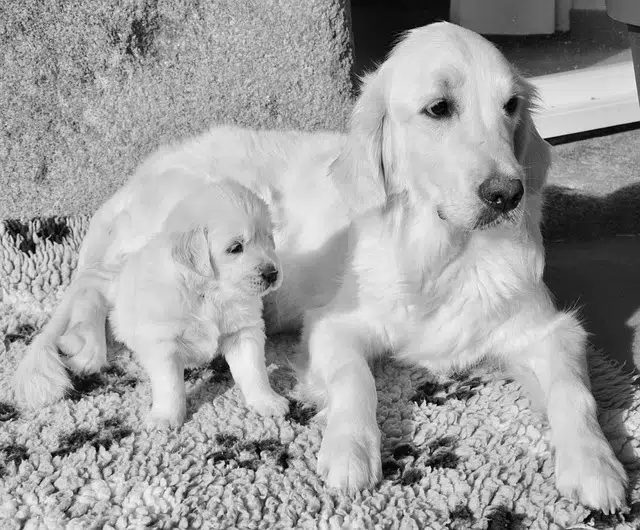

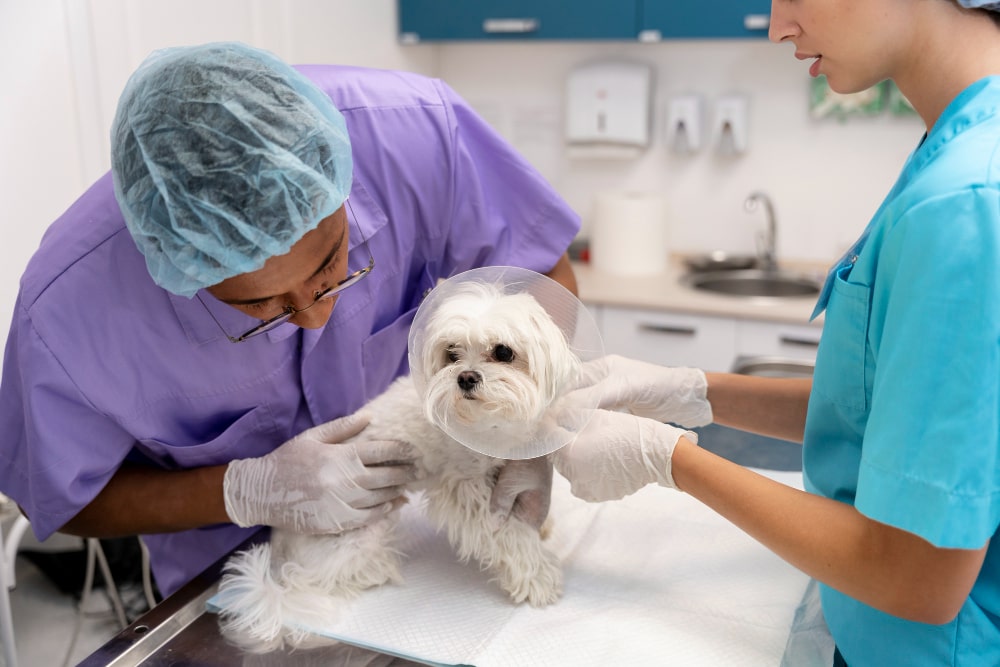


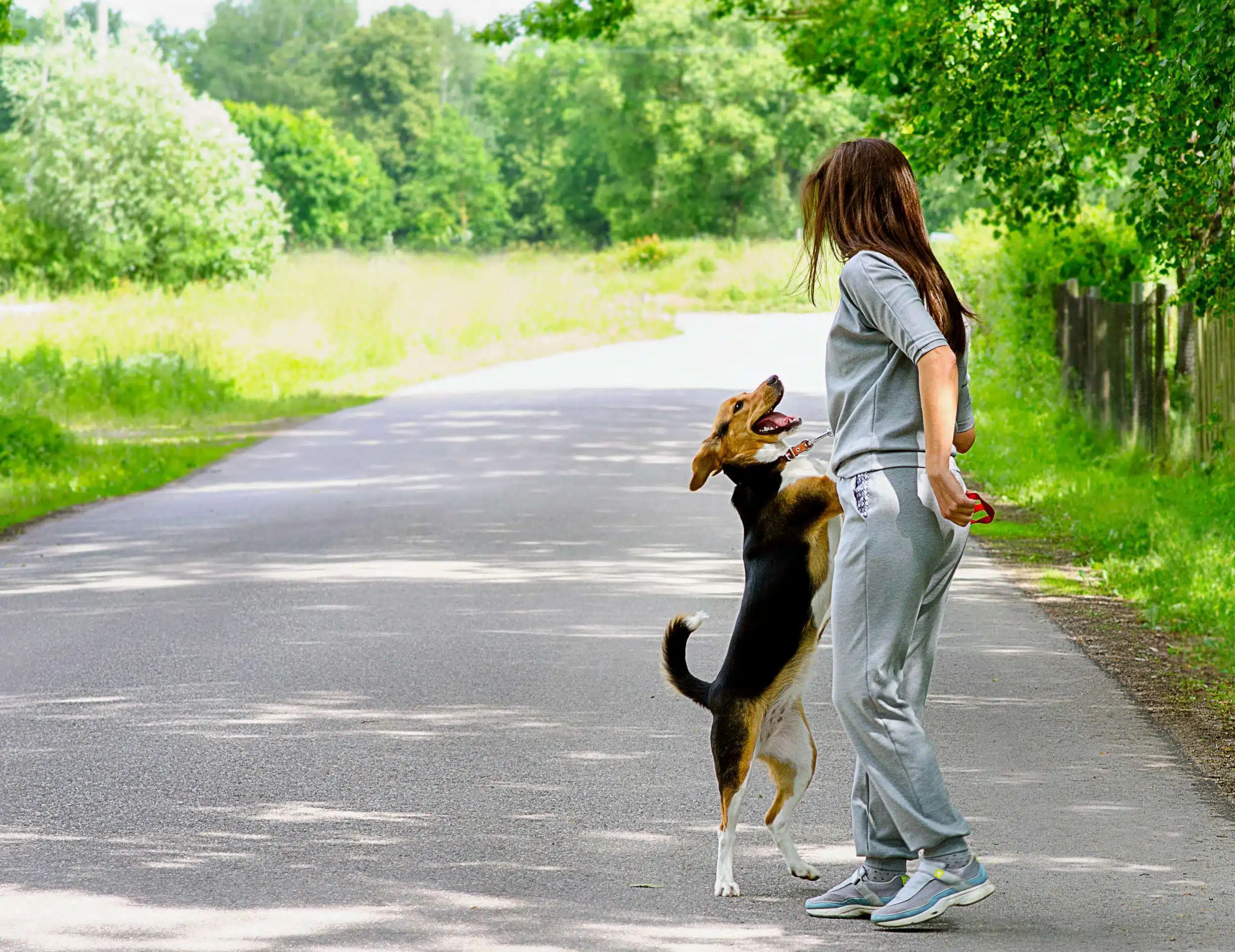
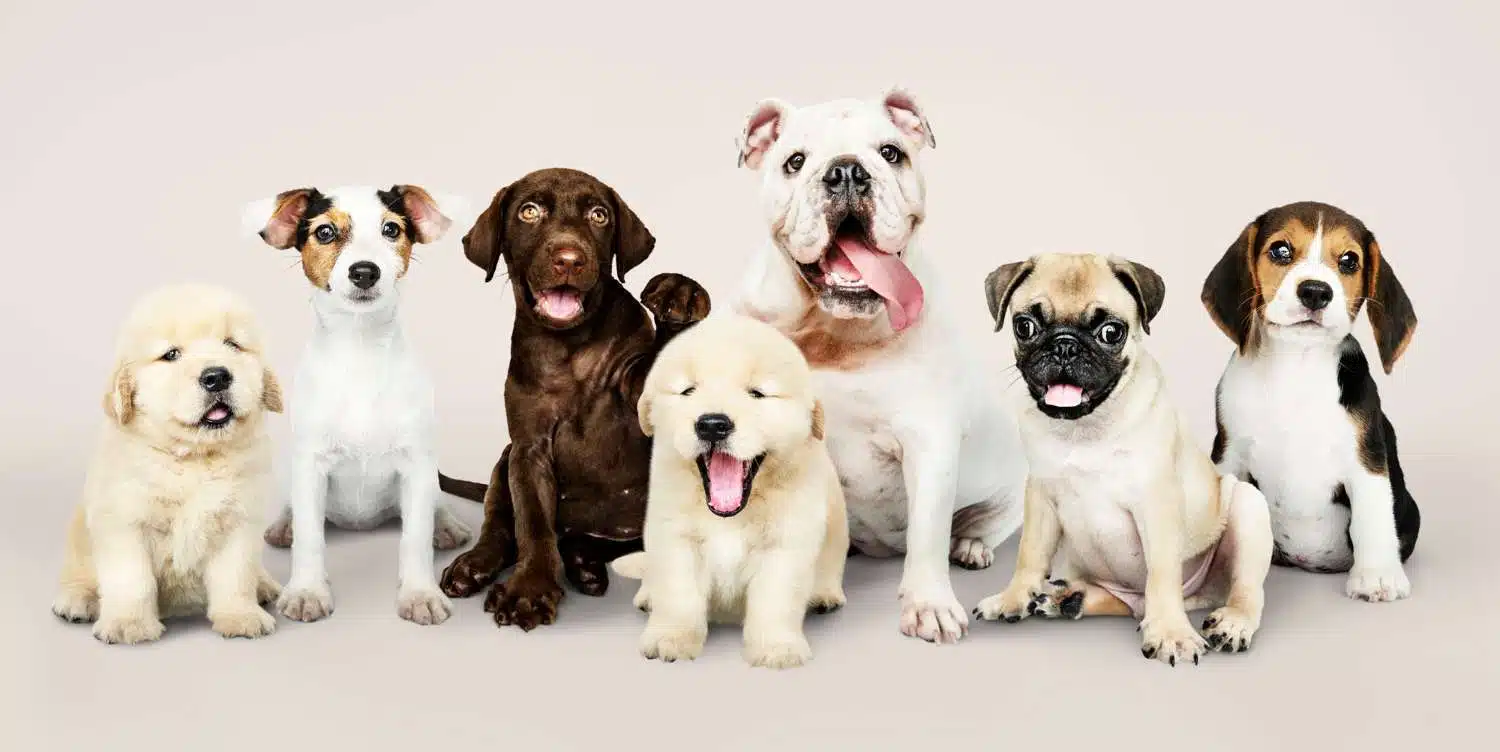
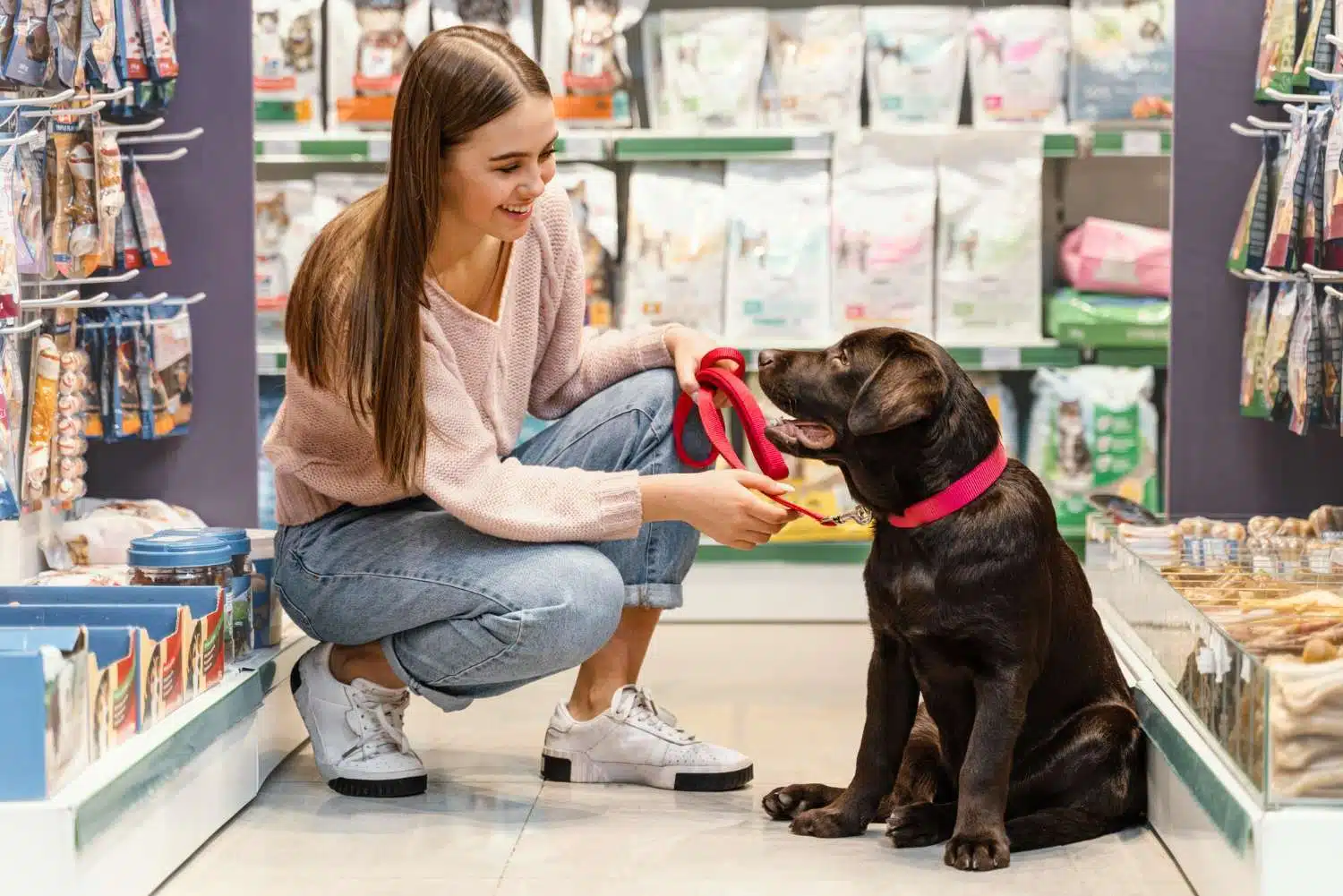

Get involved!
Comments